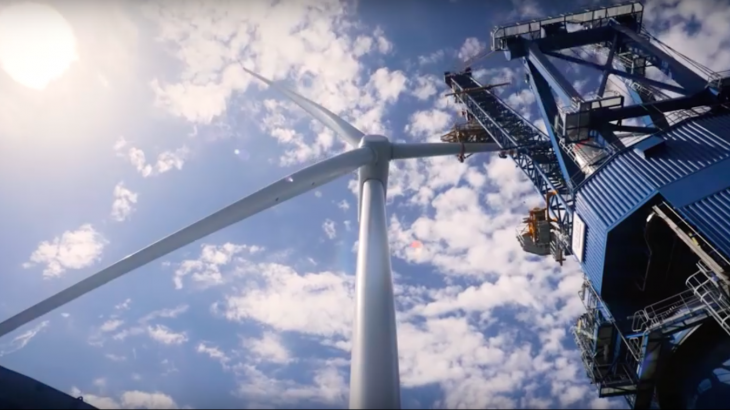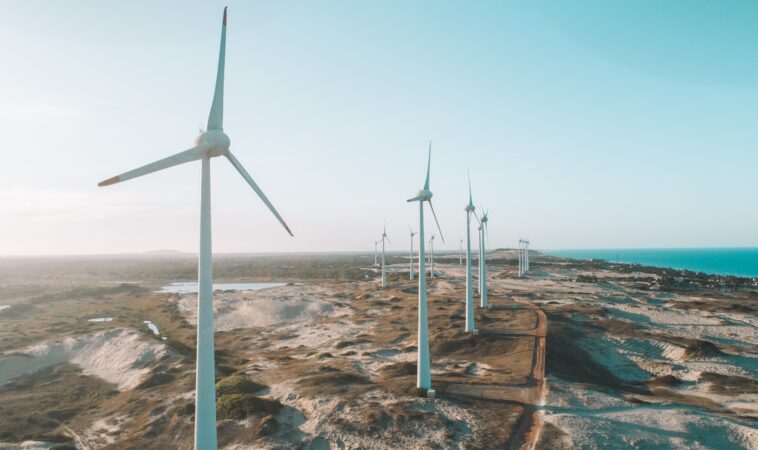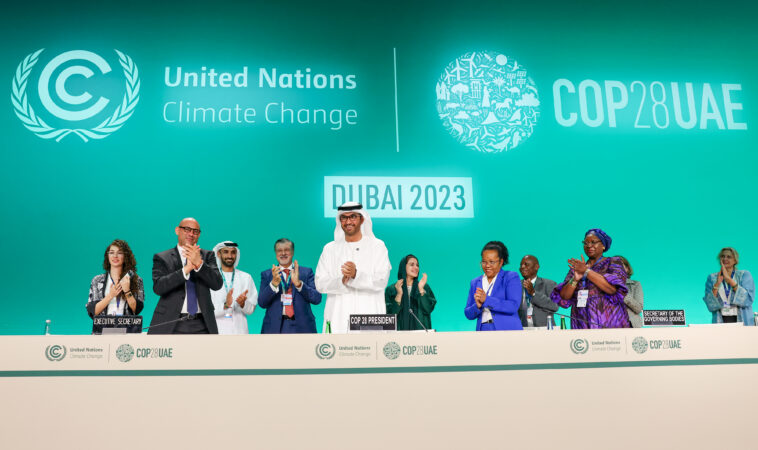

During its side event at the United Nations climate change summit COP24 on Thursday 13 December 2018, the Powering Past Coal Alliance warmly welcomed six new members:
- Israel;
- Senegal;
- City of Sydney;
- City of Melbourne;
- Scottish Government; and
- Scottish Power.
With these new additions, the Powering Past Coal Alliance now totals 80 members, including 30 national governments, 22 subnational governments and 28 businesses.
PPCA members are committed to sharing their skills, experience and best practices as means of supporting the international effort to advance the phase out of unabated coal power generation.
Introducing the new PPCA members:
Israel
Israel has announced its intention to be coal free by 2030 and is actively working to reduce the share of coal in its electricity mix. The Ministers of Environmental Protection and Energy, MK Zeev Elkin and MK Dr. Yuval Steinitz, respectively, have presented their joint commitment to deliver this transition and reduce air pollution and GHG emissions from energy production processes in Israel.
It is expected that by the end of 2018, more than 70 per cent of electricity production in Israel will be based on natural gas and renewable energy in contrast to 2015 when more than 50 per cent of electricity production was from coal. Israel’s commitment to phasing out coal and increasing natural gas and renewable resources in the energy mix is demonstrated by the recent cancellation of Project D at Ashkelon’s Rutenberg power plant, and the announced closure of 4 coal units at the Orot Rabin power station by 2022. The reduction in coal use in Israel that is now underway will assist in achieving the country’s 2030 GHG reduction target that was submitted to the UNFCCC.
Senegal
Prof. Mame Thierno Dieng, Minister for Environment and Sustainable Development of Senegal, spoke at the PPCA side event to announce Senegal’s membership of the Alliance, stating:
It gives me great pleasure to participate in this event marking the first anniversary celebration of the global initiative to accelerate the transition without coal.
Senegal, an African coastal country, in development, with few greenhouse gas emissions and suffering from the consequences of global warming, is aware of the urgent need to reorient the current trajectory of greenhouse gas emissions.
Under the leadership of His Excellency Mr. Macky Sall, President of the Republic, solar power plants with a capacity of more than 141 Megawatts were added in 2018. The share of renewable energy sources in the installed electricity generation capacity, currently 23%, will increase by 30% in 2019. The political will in this area is clearly expressed and the potential is enormous.
The future and ambition we want for our planet will undoubtedly depend on international solidarity and the global partnership to fight climate change. I would like to thank Canada and all the initiators for this important initiative.
Our country is more than ever convinced that the battle against climate change challenges the entire international community and requires the definition of a new development path. The survival of current and future generations is at stake.
That is why, I announce here and now Senegal’s accession to this important alternative initiative to accelerate the transition without coal as a source of energy.
City of Sydney
The City of Sydney is the first Australian city to join the Powering Past Coal Alliance. Sydney has already taken impressive steps to address the impacts of climate change and advance a low carbon electricity sector, setting a 100 per cent renewable electricity target by 2035 and a net zero carbon buildings target by 2050. The City has put in measures to advance towards zero waste and signed the Edmonton Declaration, calling on national, state and local governments to recognise the need for urgent action. Having successfully reduced emissions by 20 per cent whilst the economy expanded by 37 per cent over the last decade, the City has shown that ambitious action on climate change is possible and compatible with strong economic growth.
City of Melbourne
The City of Melbourne has developed a draft Climate Change Mitigation Strategy that aims to reduce the largest source of greenhouse gas emissions in the municipality. The strategy is aligned to the Paris Climate Agreement and forms part of the international effort to stay below a 1.5°C rise in global average temperatures. The strategy commits to phasing out coal-fired electricity and advocates for four key priorities; 100 per cent renewable energy, zero emissions buildings and precincts, zero emissions transport and reducing the impact of waste. The City will collaborate other governments, cities, investors and superannuation companies to share knowledge, advocate for policy change and accelerate divestment from fossil fuel energy supply.
Scottish Government
Announcing Scotland’s membership of the PPCA, Environment Secretary Roseanna Cunningham said:
The Scottish Government’s intention to join the Powering Past Coal Alliance signals our continued support for global efforts to phase out coal power, to meet our commitment to keep global temperature increase well below 2°C, and to pursue efforts to limit it to 1.5°C.
Unabated coal power generation has been stopped in Scotland, with the last coal power station closing in 2016, and should there ever be any new application then it must have carbon capture and storage technology.
We already share our experience of delivering ambitious climate change and clean energy action with international partners and will continue to do so through our membership of this Alliance.
Scottish Power
Scottish Power joins its parent company, Iberdrola, as a signatory to the Alliance. In October 2018, ScottishPower announced that it will become the first integrated energy company in the UK to shift completely from fossil fuel generation to wind power. Over the last decade ScottishPower has closed all of its coal power stations and, with the planned sale of the remaining gas-fired plant, all of its power generation capacity will come from renewable energy sources. The company also recently joined other progressive companies in calling for the UK to target net zero emissions by 2050 at the latest, to underpin the level of ambition signalled in the Paris Agreement.
Scottish Power is currently demolishing Longannet coal power plant, previously Scotland’s largest source of CO2 emissions.





